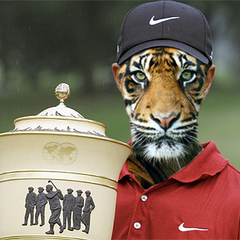IGNORED
Why have I always been told to work most on my short game?
Note: This thread is 5265 days old. We appreciate that you found this thread instead of starting a new one, but if you plan to post here please make sure it's still relevant. If not, please start a new topic. Thank you!
-
Topics Being Discussed Right Now on The Sand Trap
-
- 11,008 replies
- 985,012 views
-
"5 Minutes Daily" Practice Challenge 1 2 3 4 1014
By iacas, in Instruction and Playing Tips
- 5 minutes daily
- dedication
- (and 6 more)
- 18,238 replies
- 1,848,370 views
-
- 0 replies
- 61 views
-
- 120 replies
- 33,788 views
-
- 2 replies
- 185 views
-






Recommended Posts
Create an account or sign in to comment
You need to be a member in order to leave a comment
Create an account
Sign up for a new account in our community. It's easy!
Register a new accountSign in
Already have an account? Sign in here.
Sign In Now